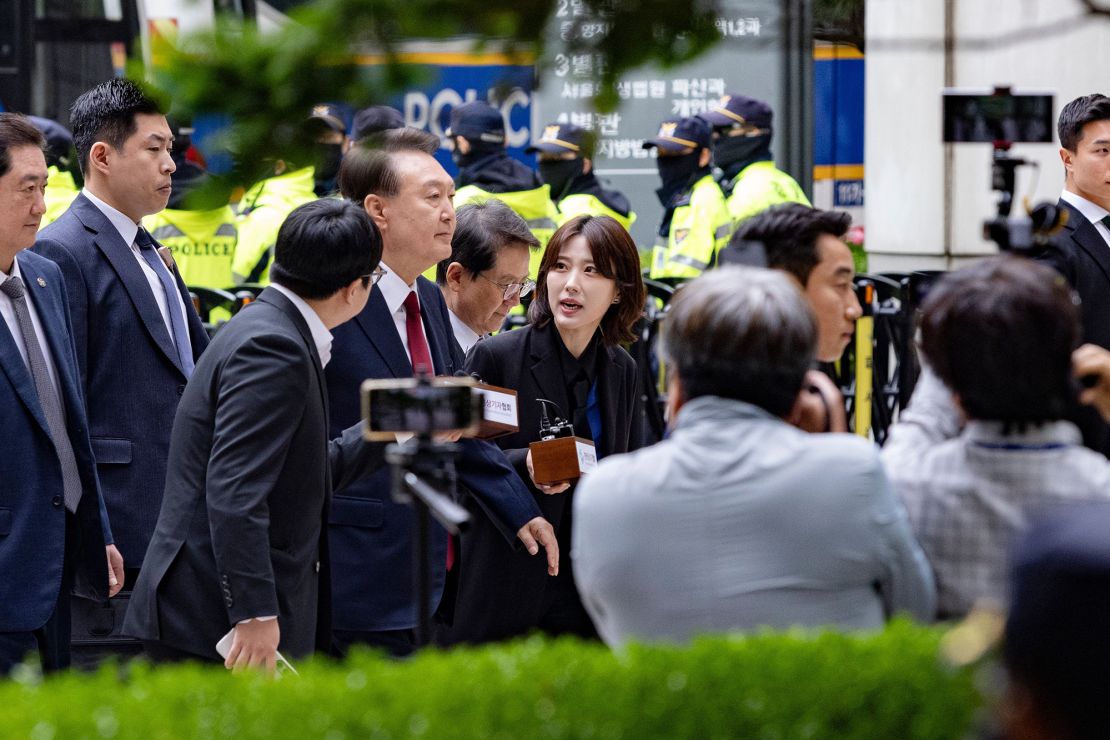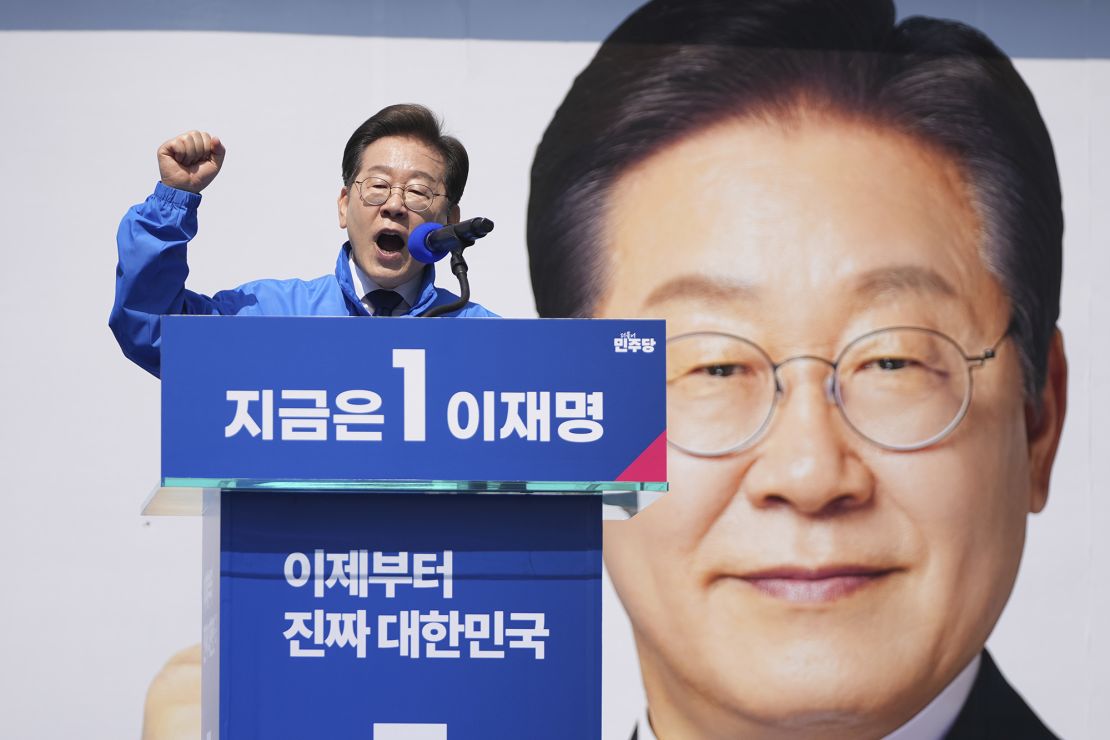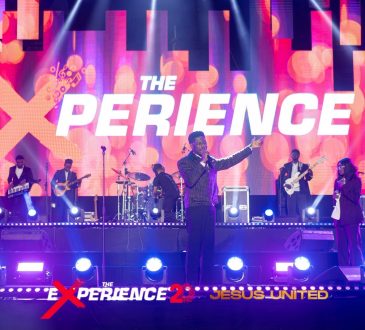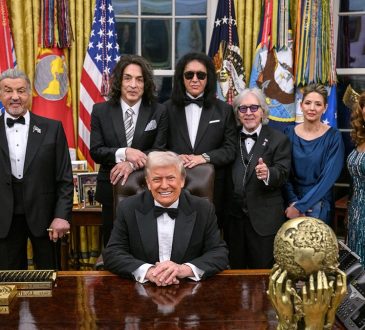South Korea at a Crossroads: Nation Votes for New Leader After Political Turmoil, Economic Woes, and Yoon’s Fall From Grace

After six months of political chaos, economic uncertainty, and deep national division, South Koreans headed to the polls Tuesday in a pivotal presidential election that could reshape the country’s future. The vote marks the end of a turbulent era under ousted leader Yoon Suk Yeol, whose shocking declaration of martial law in December 2024 plunged the democracy into crisis. Since then, the nation—a key U.S. ally and global cultural powerhouse—has struggled under interim leadership, its economy battered by trade wars and looming recession fears. Now, two starkly different candidates promise stability: Lee Jae-myung, a fiery liberal who survived an assassination attempt and famously defied Yoon’s military crackdown, and Kim Moon-soo, a conservative former activist turned establishment insider. With tensions high and the stakes even higher, this election isn’t just about choosing a president—it’s about healing a fractured nation.

At the center of the race is Lee Jae-myung, the Democratic Party’s resilient frontrunner, whose dramatic clash with Yoon’s martial law decree turned him into a symbol of resistance. The 60-year-old former factory worker turned human rights lawyer made global headlines when he live-streamed himself vaulting over barricades to join lawmakers in overturning Yoon’s order—a moment that galvanized millions. But his campaign has been shadowed by legal troubles, including bribery and property scandal charges he dismisses as political persecution. His rival, Kim Moon-soo, a 73-year-old former labor activist turned conservative minister, offers a steadier hand, pledging economic revitalization through tax cuts and nuclear energy expansion. Yet his party remains divided, and pre-election polls show him trailing Lee. With Yoon’s impeachment trial still fresh and public trust in institutions shattered, voters aren’t just weighing policies—they’re deciding who can restore faith in democracy itself.

Beyond the candidates, the election is a referendum on South Korea’s most pressing crises: a slumping economy, crumbling social safety nets, and rising regional threats. U.S. trade wars have hammered exports, youth unemployment has soared, and the birth rate—already the world’s lowest—continues to plummet. Meanwhile, North Korea’s missile tests and China’s growing assertiveness loom large. Both Lee and Kim vow to revive the economy, but their approaches diverge sharply—Lee champions small businesses and AI investment, while Kim pushes deregulation and closer ties with Washington. For voters like Park Ji-hyun, a 28-year-old office worker, the choice is deeply personal: “My generation can’t afford homes or children. We need a leader who understands desperation.”

As polls closed Tuesday night, the nation braced for a result that could either mend or deepen its divides. Yoon, now facing insurrection charges, serves as a cautionary tale of power gone awry. His downfall began with a single night of authoritarian overreach—a mistake the next president cannot afford to repeat. For South Korea, this election isn’t just about who leads next. It’s about whether the country can reclaim its stability, its prosperity, and its democratic soul.




